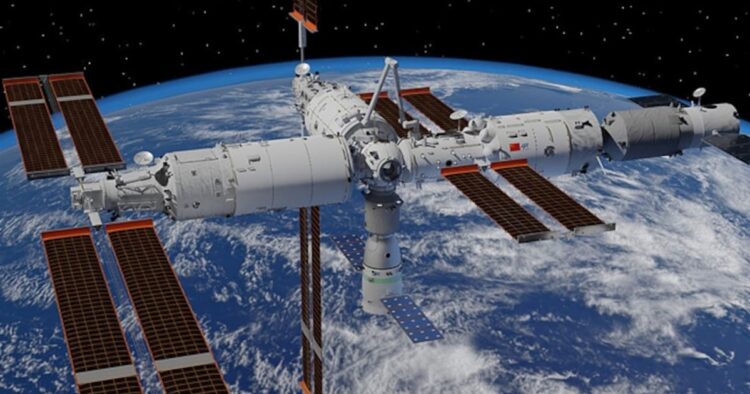China Bolsters Space Capabilities: The head of the US Space Command, General Stephen Whiting, has issued a stark warning about China’s rapid advancements in space military capabilities. Whiting highlighted that China is significantly expanding its satellite fleet, which has more than tripled since 2018, reaching a total of 359 systems. These newly deployed satellites could potentially function as weapons capable of disrupting US assets in orbit.
Focus on Advanced Weaponry: China’s strategic focus encompasses the development of advanced space weaponry, including hypersonic glide vehicles and other technologies aimed at overcoming traditional missile warning and defense systems. General Whiting emphasized that China’s intent is to deny American and allied space capabilities at their discretion, posing a substantial challenge to the United States’ dominance in space.
Concerns Over Dual-Use Technologies: One of the primary concerns highlighted by Whiting is China’s adeptness at disguising its military intentions through the utilization of dual-use technologies, ambiguous research tracks within academic programs, and commercial endeavors. These activities not only obscure China’s military objectives but also serve to enhance its overall military capabilities, making it difficult for the US to gauge the true extent of the threat posed by China’s space advancements.
Russia’s Evolving Strategy: General Whiting also underscored Russia’s evolving military strategy, noting that the loss of conventional military offensive capabilities due to the conflict in Ukraine may compel Moscow to rely more heavily on nuclear, cyber, and space capabilities. He warned of Russia’s potential utilization of disruptive technologies to achieve its strategic goals, posing further challenges to US interests.
China’s Ambitious Space Agenda: China’s ambitious space agenda is evident through its plans for a significant increase in space missions in the coming year. The country aims to become the world’s second-most active launcher, trailing only Elon Musk’s SpaceX. State media reports indicate that a record 100 Chinese missions are expected in 2024, representing a substantial increase from previous years.
Expansion of Chinese Space Program: The China Aerospace Science and Technology Corp., the country’s leading space contractor, is poised to conduct nearly 70 missions and deploy over 290 satellites and spacecraft into orbit. Furthermore, China is actively developing a new launch complex in Hainan specifically designed for commercial missions, signaling its commitment to expanding its presence in space.
Moon Mission on the Horizon: In addition to its endeavors in Earth’s orbit, the Chinese government has set its sights on lunar exploration. Plans are underway for China’s first crewed mission to the moon before 2030, demonstrating the country’s ambition to establish itself as a major player in space exploration.
As China accelerates its efforts to bolster its military capabilities in space, the United States faces a formidable challenge in maintaining its dominance in this critical domain. With China’s ambitious space agenda and Russia’s evolving military strategy, the geopolitical competition in space is poised to intensify, necessitating strategic responses to safeguard US interests and maintain stability in the increasingly contested domain of outer space.

















Comments